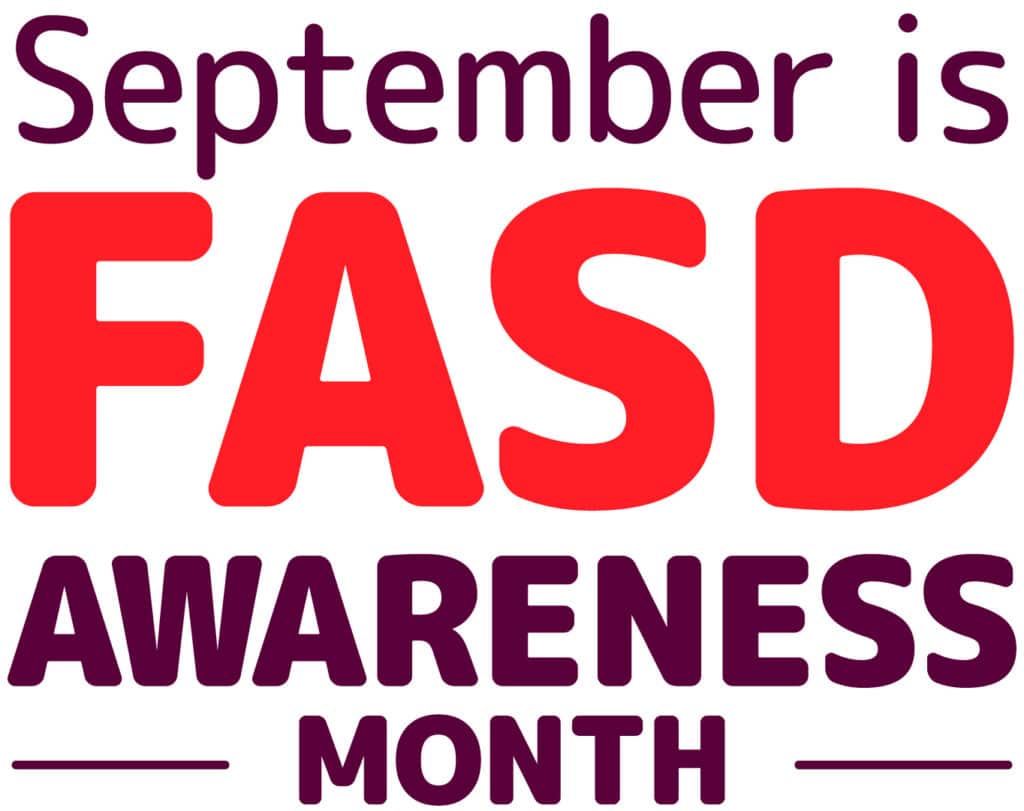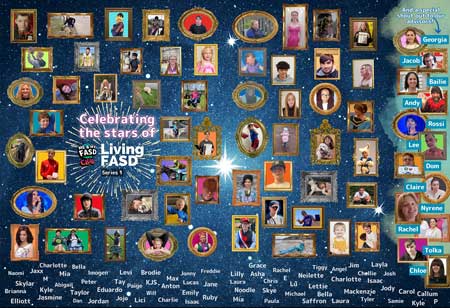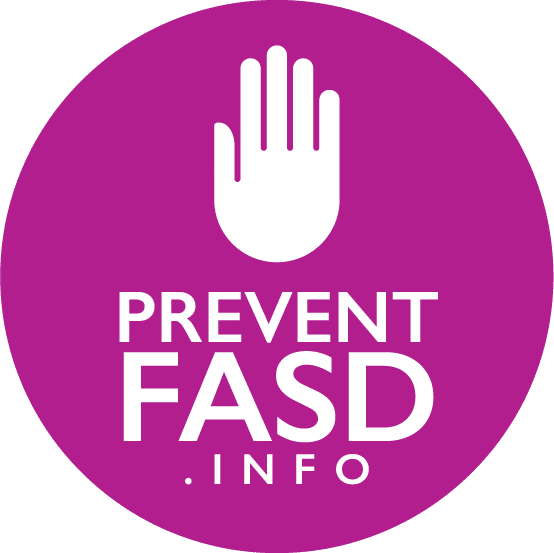
You will have met someone with FASD, you just may not know it.
Does it surprise you that around 1,500 children and young people living in Cheshire West and Chester may have FASD (2% of the under 18 population)? Only 160 will be in the care system. Most will be unaware and without informed support they are likely to be struggling in aspects of their lives.
FASD (Fetal Alcohol Spectrum Disorder) is caused by prenatal alcohol exposure. It happens in the womb before a child is even born.
In all cases the alcohol present causes life long neurodevelopmental issues and in a minority of cases it can also cause some physical differences. The vast majority of people with FASD have no outward physical signs of the condition that impacts them. It is only their behaviour, understanding and difficulties in attaining that indicates that their lives, those of their families and the people that support them are often harder than most.
Cheshire West and Chester Virtual School is working with the National Organisation for FASD to raise awareness of what is likely to be the biggest preventable cause of neurodevelopmental disorders in the Local Authority. This condition impacts each and everyone of our schools and is on the case load of every social worker.
It was only in 2016 that the Chief Medical Officers advice changes to suggest that the only way to avoid any risk of FASD was not to drink alcohol at all if you were pregnant or trying to get pregnant. Bedore then the advice was not as clear cut and families could be following the old advice and potentially their children could have FASD.
FASD has a lifelong impact that can affect all aspects of a persons life.
This should be changing as the Department for Health & Social Care has recognised the impact that FASD makes in England’s communities by publishing a FASD needs assessment in September 2021.
This was followed in March 2022 by the NICE FASD Quality Standard that sets Health bodies standards to achieve regarding FASD, these include better pathways to FASD assessment and multiagency support for people with FASD.
Find the most recent advice on getting a diagnosis here:


With the right support people with FASD can and do achieve. You can find some of those that have achieved here:
People with FASD tell us they want to be treated fairly with simple support to help them to achieve. In 2023, 60 people with FASD created the UK FASD Manifesto the first of its kind anywhere in the world.
The impact of FASD can be keenly seen in schools and colleges, especially when a young person moves from one where they are well known to a new place.
In social care it is estimated that 27% of children in care have FASD and in one local authority 75% of children moving on to adoption were subject to prenatal alcohol exposure. This is a significant social care issue, and more information can be found here:
Our preferred language guide will help practitioners think about the words that they use when talking about prenatal alcohol exposure.
Our preferred language guide will help practitioners think about the words that they use when talking about prenatal alcohol exposure.
To this end the National Organisation for FASD have created the Me & My FASD tool kit & Me & My FASD club including the Living FASD magazine. This includes some of the first FASD branded resources for use with people with FASD and their peers so that they understand what is happening.

National FASD also have a website dedicated to educating 15- to 25-year-olds about the risks involved in mixing alcohol with pregnancy and this may be useful in Post 16 studies.

The National Organisation for FASD has a suit of training courses and offers consultation on how the condition impacts children and young people.